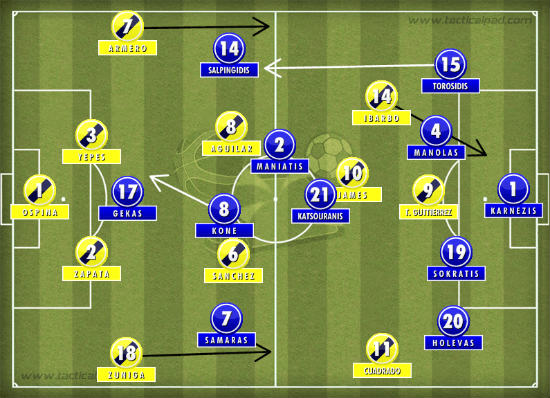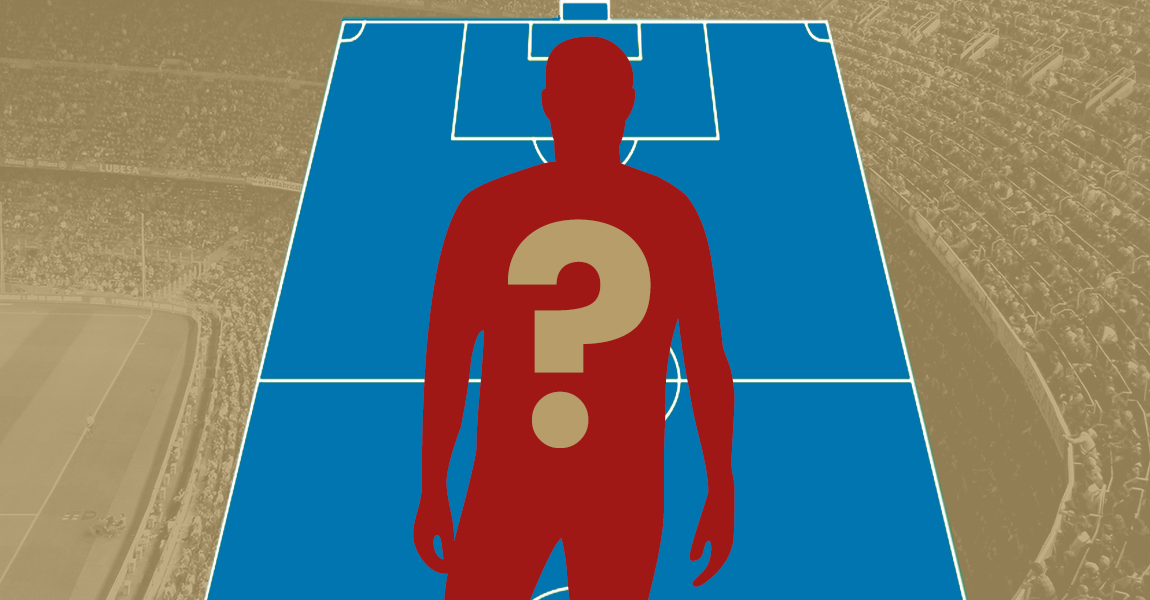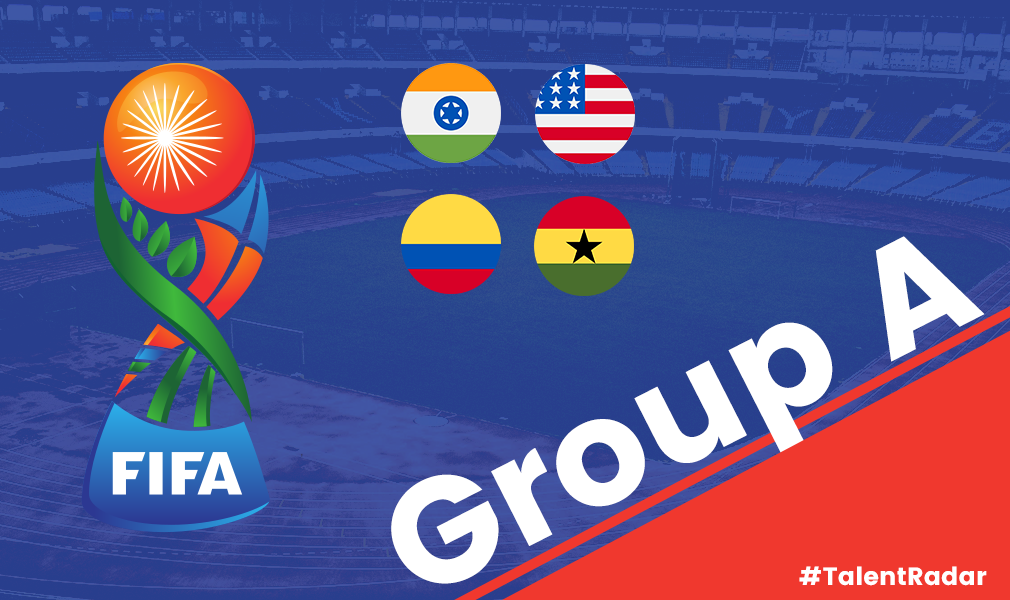After an exciting-and controversial-opening two days of the 2014 FIFA World Cup, action turned to Group C, with South American powerhouse Colombia taking on Euro 2004 champions Greece. Colombia qualified for their first World Cup in 16 years, and despite the loss of star man RadamelFalcao through injury, Los Cafeteros are heavily backed as one of the surprise contender of this World Cup along with Belgium. Greece, despite reaching their fourth consecutive major tournament, are seen as the weakest team in a group that also includes Ivory Coast and Japan. With pre-match predictions favoring a Colombian win despite the defensive solidity of Greece, the South Americans lived up to expectations and swept aside their European rivals.
LINE UPS

Colombia (4-2-3-1): Ospina, Zuniga, Zapata, Yepes, Armero (Arias 74’), Sanchez, Aguilar (Mejia 69’), Cuadrado, Rodriguez, Ibarbo, Gutierrez (Martinez 76’)
Greece (4-5-1): Karnezis, Torosidis, Manolas, Sokratis, Holebas, Salpigidis (Fetfatzidis 57’), Maniatis, Katsouranis, Kone (Karagounis 78’), Samaras, Gekas (Mitroglu 64’)
Goals: Colombia (Armero 5’, Gutierrez 58’, Rodriguez 90+3’)
ANALYSIS
Fullbacks join the attack
A feature of this World Cup so far has been the enterprise shown by fullbacks. Once again, both teams possessed fullbacks eagerly joining in to provide an added dimension to the attack. For Colombia, Armero and Zuniga, both converted wingers, took up advanced positions on their respective flanks. Both were comfortable running with the ball and converting defense into attack as well as providing overlapping runs in the attacking third.

Armero’s positional graphic (via Squawka)
For Greece, while left back Holebas was pinned back by the combination of Cuadrado and Zuniga, Roma right back Torosidis bombed down the right wing at all opportunities. As Ibarbo played mostly as a narrow winger/second striker, Torosidis had the space to dart forward; he was Greece’s best attacking player as he continually exploited the open space on his flank. Both Armero and Torosidis showed the tendency to break into the penalty box as well, with Armero’s late, unmarked run in the fifth minute leading to the opening goal.
Colombia’s combination play
Even without Falcao, Colombia possess a wealth of attacking talent, with many dangerous strikers and excellent creative players with the ability to wreak havoc in the attacking third. Colombia have gained plaudits for their attacking play in the past, and their brilliance was on display right from the first whistle in Belo Horizonte. Conducted by ringleader James Rodriguez, Colombia’s attack featured quick, short passes and electrifying movement. The speed of Cuadrado, Ibarbo and the fullbacks allowed for quick transitions as the Colombians broke through the Greek midfield with ease. Los Cafeteros would play the ball into the center forward and wait for runners to swarm forward. Each of Colombia’s front four seemed to share a telepathic understanding as they looked like they knew exactly where their teammates would be.
The pace, trickery, and guile of Cuadrado and the pure strength of Ibarbo allowed the Colombians to get in behind, fed by the incisive passing of Rodriguez, and the two wingers also opened up space for their teammates with driving runs. While Colombia were prone to over complication, at times trying to be too intricate and looking for an extra pass even when the shot was on, their free flowing attacking play was a joy to watch.
Colombia happy to sit deep
Perhaps disappointingly for neutrals, Colombia seemed content to sit deep and allow Greece to have the ball after the initial exchanges. While so much emphasis has been placed on Colombia’s attack, the South Americans only conceded 13 goals in 16 qualifying games, highlighting their defensive strength. Crucial in their defensive shape was the presence of the two defensive midfielders Aguilar and Sanchez. The two midfielders were charged with protecting the defense from their position just ahead of the backline and they held the team together when the Colombians burst forward.
Furthermore, Los Cafeteros employed an interesting pressing policy: the front four would attempt to pressure the Greeks in their defensive third to force mistakes and turnovers. However, Greece was allowed to hold on to the ball in the middle third; the losers ended the game with 54% possession. Instead of pressing in the midfield, the Colombians sat deeper and allowed their opponents to pass from side to side. When Greece entered the attacking third though, Colombian defenders would come out and engage the attackers, with other defenders sliding over to cover. The defensive setup worked successfully as the Colombians emerged with a clean sheet. While Colombia’s attack is clearly their strong point, their defense will determine how far they can progress in the World Cup.
Greece failed to turn up the pace
Euro 2004 champions Greece have a reputation for defensive solidity; their game plan relies on determined, organized defending with the hope of snatching a goal on the break. However, Colombia’s early goal forced the Piratiko to come out and play; here, the lack of a Plan B was exposed as Greece were unimaginative, their attack blunt. Greece enjoyed a lot of the ball, especially in the first half after Colombia took the lead, but they lacked creativity and were unable to open up the Colombian defense. Kone and Samaras had their moments, but the Greek midfield lacked the necessary creative spark; tellingly, right back Torosidis was the Piratiko’s best attacking player, highlighting their attacking deficiency. That isn’t to say the Europeans didn’t have chances to claw themselves back into the game: Kone flashed wide right after Armero’s opener while Gekas hit the crossbar when faced with an open net.

See the lack of passes into the box. Greece playing more lateral than penetrating passes (via Squawka)
All of Greece’s best chances however came after quick counterattacks; when Greece attacked with pace, Colombia found it hard to defend. The space behind the Colombian fullbacks was targeted and holes in the defensive setup were exposed when Greece attacked quickly. The Greeks however failed to expose this weakness in the Colombian defense sufficiently as their build up play was often too slow to provide a meaningful threat. Greece’s lack of creativity forced them to go from side to side to try and open up Colombia; consequently, the attack was slowed down and Greece struggled to carve out chances.
KEY PLAYER OF THE GAME
While any of Colombia’s front four could earn this distinction, playmaker James Rodriguez deserves the tag of best player after completely running the show for Los Cafeteros. The AS Monaco attacker was brilliant in his movement, willing to drop deep or go out wide to pick up the ball in space. Whenever he had time on the ball, he was a menace, conducting the game with balls to the wings or clever passes into the strikers. He exemplified Colombia’s attacking approach, carrying the ball forward with pace and leading the intricate interplay; pass and move, pass and move was his motto. Rodriguez played a role in each of the three goals: he played the ball over the top to Cuadrado and then provided the crucial dummy for Armero to score, served the corner which Aguilar flicked on to Gutierrez, and then capped off his brilliant display with a deserved goal. James was at #3 in Outside of the Boot’s list of 25 Talent Radar Young Players to Watch at the World Cup.
WHERE DOES THIS LEAVE THEM?
Colombia are on track to qualify for the next round after this impressive win but still have to face Ivory Coast and Japan who will certainly provide a sterner attacking examination than Greece. The +3 goal difference will help them in what is set to be a competitive group. Greece, on the other hand, need to inject impetus into their attack to have a chance to make it out of Group C. Their negative goal difference could hinder them at the end of the group stage, as it is hard to see the Piratiko scoring more than one goal in each game.
Read all our World Cup content here.
- A Tribute to Robin van Persie - July 23, 2015
- Chris Smalling: Redemption Achieved? - June 10, 2015
- The story of Ashley Young’s resurgence under Louis van Gaal - April 29, 2015
























































